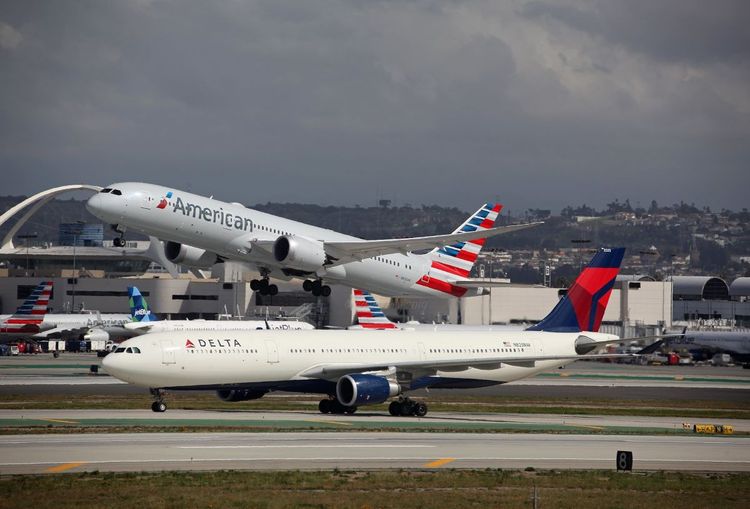Senate Report Criticizes Airlines' Junk Fee Practices

A senate subcommittee criticized major U.S. airlines for their use of “junk fees” in a report published Tuesday.
The Senate subcommittee on investigations found that from 2018 to 2023, American, Delta, United, Spirit and Frontier raked in $12.4 billion from seating fees. The report found that seat fee revenue was second only to revenue from baggage fees, which totaled to $25.3 billion for the same airlines.
However, in 2023, United collected more revenue from seating fees ($1.3 billion) than it did from baggage fees ($1.2 billion) for the first time.
The committee, headed by Senator Richard Blumenthal, spent a year investigating the five carriers and found that airlines are increasingly relying on algorithms to set fees, causing them to vary significantly between customers.
“Our investigation has exposed new details about airlines exploiting passengers with sky high junk fees,” Blumenthal said in a statement. “This report pulls back the curtain on tactics like dynamic pricing that burden travelers and boost airline revenue.
Airlines Raise Baggage FeesWhile airlines have removed change and cancellation fees, they have implemented more ancillary fees. In the past year, multiple airlines also raised the price to check in a bag, citing inflation and higher operating costs.
The Department of Transportation attempted to implement a junk fee transparency rule, which would have required airlines to clearly disclose the prices for checked baggage, carry-ons, changing a reservation or canceling one.
Major airlines sued to block the rule, arguing that it was a regulatory overreach. The Fifth Circuit Court of Appeals ruled in the airlines’ favor, putting a temporary stay on the junk fee rule.
The subcommittee also found that Frontier and Spirit paid gate agents and other personnel $26 million between 2022 and 2023 to catch passengers who did not follow their bag policies. Frontier and Spirit have typically charged customers separate fees for checking in a bag or bringing a carry-on.
Frontier personnel could make as much as $10 for each bag a passenger is forced to check at the gate, according to the report. The carrier also used incentive payments like bonuses for some managers as part of its strategy to boost fee revenues, the report said.
“The commission for gate agents is simply designed to incentivize our team members to ensure compliance with bag size requirements so that all customers are treated equally and fairly, including the majority who comply with the rules,” Frontier said in a statement.
Blumenthal said the committee would host a hearing with airline executives on the report on December 4.
Airlines for America, the trade group that represents most major U.S. airlines, said it was “deeply disappointed” in the report.
“The report demonstrates a clear failure by the subcommittee to understand the value the highly competitive U.S. airline industry brings to customers and employees,” A4A said in a statement. “Rather, the report serves as just another holiday travel talking point.”
Frontier doubled down on the use of its unbundled fare model.
“Our unbundled services model has democratized air travel, enabling millions of individuals, families, and small businesses who otherwise would not or could not afford to travel the opportunity to travel by air,” Frontier said.
Spirit said it did not agree with the report’s findings.
“We respectfully disagree with numerous statements and conclusions contained in the report,” Spirit said in a statement. “With that in mind, we believe it’s time to come together and discuss meaningful initiatives that would even the playing field between larger and smaller airlines to benefit all travelers, including those who rely on airlines like Spirit.”
Read the full report here:
What am I looking at? The performance of airline sector stocks within the ST200. The index includes companies publicly traded across global markets including network carriers, low-cost carriers, and other related companies.
The Skift Travel 200 (ST200) combines the financial performance of nearly 200 travel companies worth more than a trillion dollars into a single number. See more airlines sector financial performance.
Read the full methodology behind the Skift Travel 200.















































